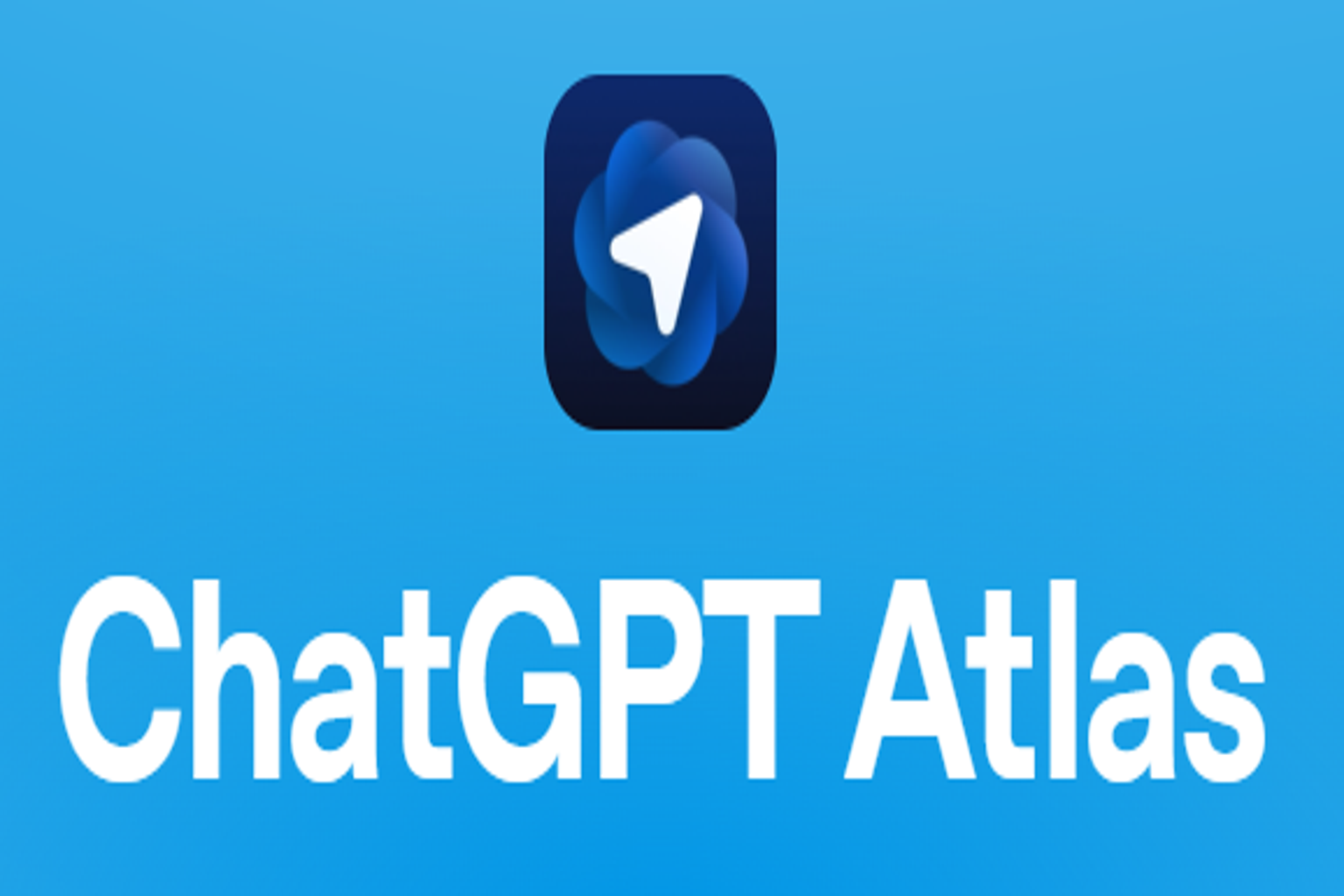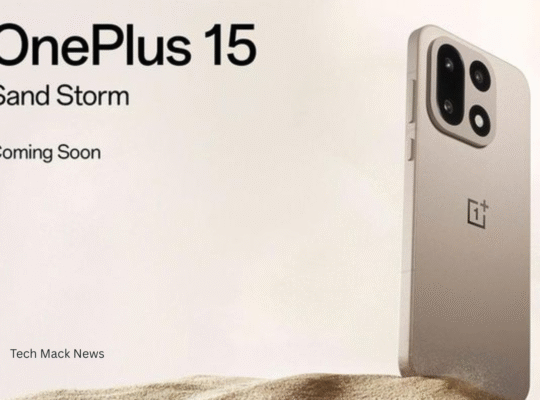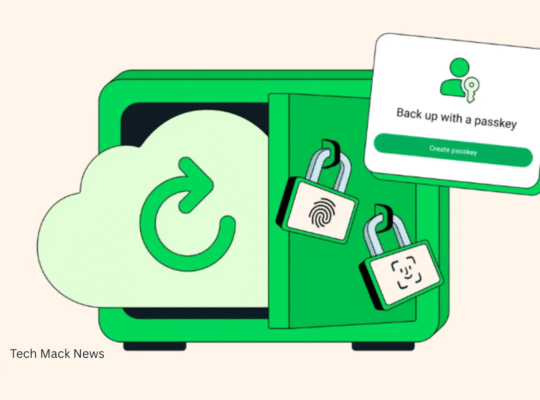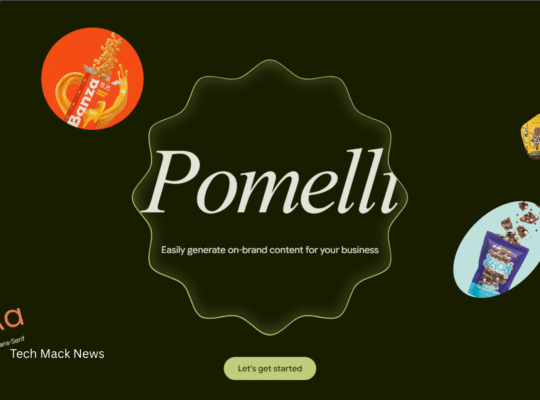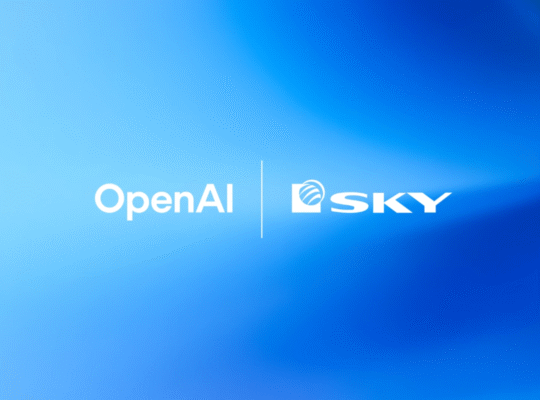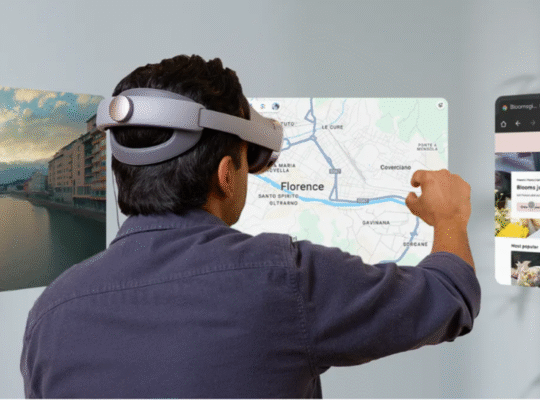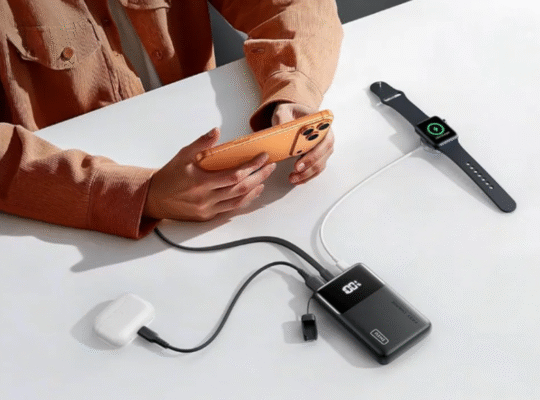OpenAI has stepped directly into Google’s territory with the launch of Atlas, a new web browser powered by its conversational AI, ChatGPT. The company says the project aims to “rethink what a browser can be,” promising a more intelligent, task-oriented way of navigating the internet.
A New Kind of Browser
Announced on Tuesday, Atlas represents OpenAI’s biggest push yet to merge generative AI with everyday web browsing. CEO Sam Altman, in a presentation streamed from California, described the browser as a chance to rebuild one of the most familiar digital tools from the ground up.
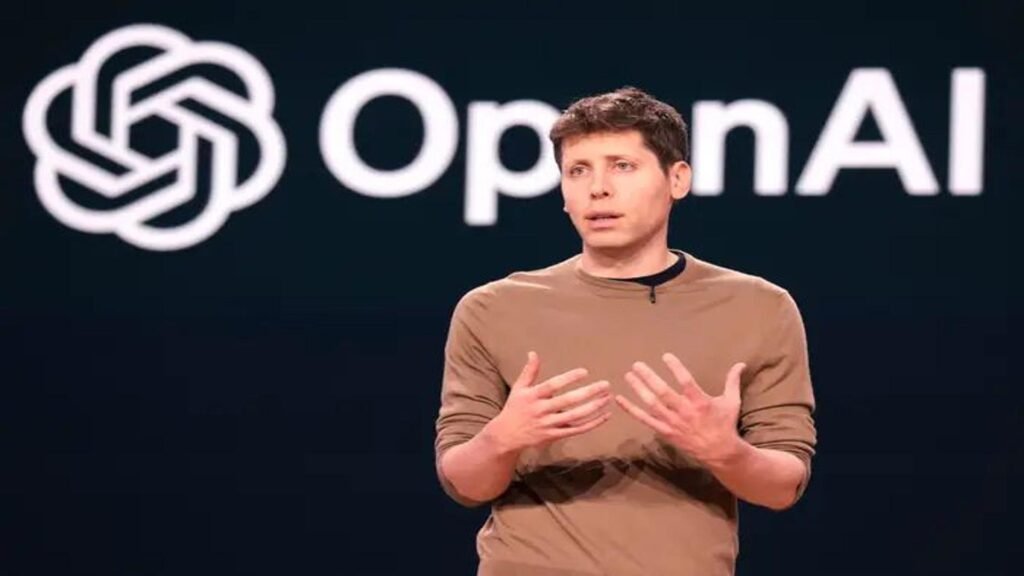
“Tabs were great,” Altman said. “But we haven’t seen much true innovation in browsers since then. This is a once-in-a-decade opportunity to rethink how people use the web.”
At its core, Atlas replaces the traditional search bar with a ChatGPT interface. Instead of typing in URLs or keywords, users can simply ask the browser to find or summarise information — and it will handle the process automatically.
Also read: ChatGPT’s Next Update Will Let Adults Create Erotica — But It Might Cost Us More Than We Think
Built for Mac, Designed for Simplicity
For now, Atlas will launch exclusively for Apple’s macOS, though Windows and mobile versions are expected later. OpenAI says the browser’s goal is to let users complete tasks without constantly switching tabs, copying links, or jumping between sites.
A highlight feature, called “Agent Mode,” allows the browser to surf the web independently. It can read context from your past searches and browsing history, then predict what information you might need next.
“It’s using the internet for you,” Altman explained, calling it the first browser that acts more like a digital assistant than a static search tool.
Also read: Does OpenAI Plan to Make Smart Glasses in the Future?
A Step Forward — or a Step Too Far?
Not everyone is convinced. Analysts warn that the same features that make Atlas convenient could also make it intrusive.
Paddy Harrington, an analyst at Forrester in London, told the Associated Press that while the concept sounds futuristic, it also raises questions about privacy and autonomy.
“Your profile will be tuned to you based on everything the system knows about you,” Harrington said. “That’s powerful — but also a bit unnerving. Is it really you making choices, or the engine deciding for you? And what happens when advertising starts shaping those decisions?”
He also noted that OpenAI faces an enormous challenge entering a space dominated by Google Chrome, which currently holds the browser market with an estimated three billion users worldwide.
Can Atlas Compete With Chrome?
Since Chrome’s launch in 2008, Google has crushed most competitors — including Microsoft’s Internet Explorer and later Edge. But the rise of AI chatbots like ChatGPT, Gemini, and Copilot is slowly changing how people access information.
Many users now rely on AI tools to summarise web content rather than manually searching and clicking through links. OpenAI claims ChatGPT already has over 800 million users, and a 2025 survey by the Associated Press found that 60% of Americans, and 74% of people under 30, use AI for information at least part of the time.
Even Chrome has begun integrating AI-generated summaries into its search results — though accuracy remains a major concern.
The Accuracy Problem
A study released this week by the European Broadcasting Union (EBU) and the BBC found that nearly half of AI-generated answers contain major inaccuracies. Researchers tested AI assistants across 14 languages — including ChatGPT, Copilot, Gemini, and Perplexity — and discovered that 45% of responses had at least one significant factual error, while 81% showed some kind of issue in sourcing or separating opinion from fact.
In one example, ChatGPT was found confidently asserting that the current Pope was still Pope Francis, months after his death — a small but striking mistake that researchers say can erode public trust.
EBU Media Director Jean Philip De Tender warned that misinformation from AI systems poses a broader social risk.
“When people don’t know what to trust, they end up trusting nothing at all,” he said. “And that uncertainty can ultimately harm democratic participation.”
A Browser Built on Promise — and Peril
For now, Atlas feels less like a Chrome killer and more like an experiment in redefining how people interact with the web.
If it succeeds, it could change the browser forever — turning it from a search tool into a conversational partner. But if the accuracy and privacy issues persist, users may hesitate to hand over even more control to AI.
Either way, OpenAI’s move signals one thing clearly: the next big fight for internet dominance may no longer be fought in search results — but in how we browse itself.


